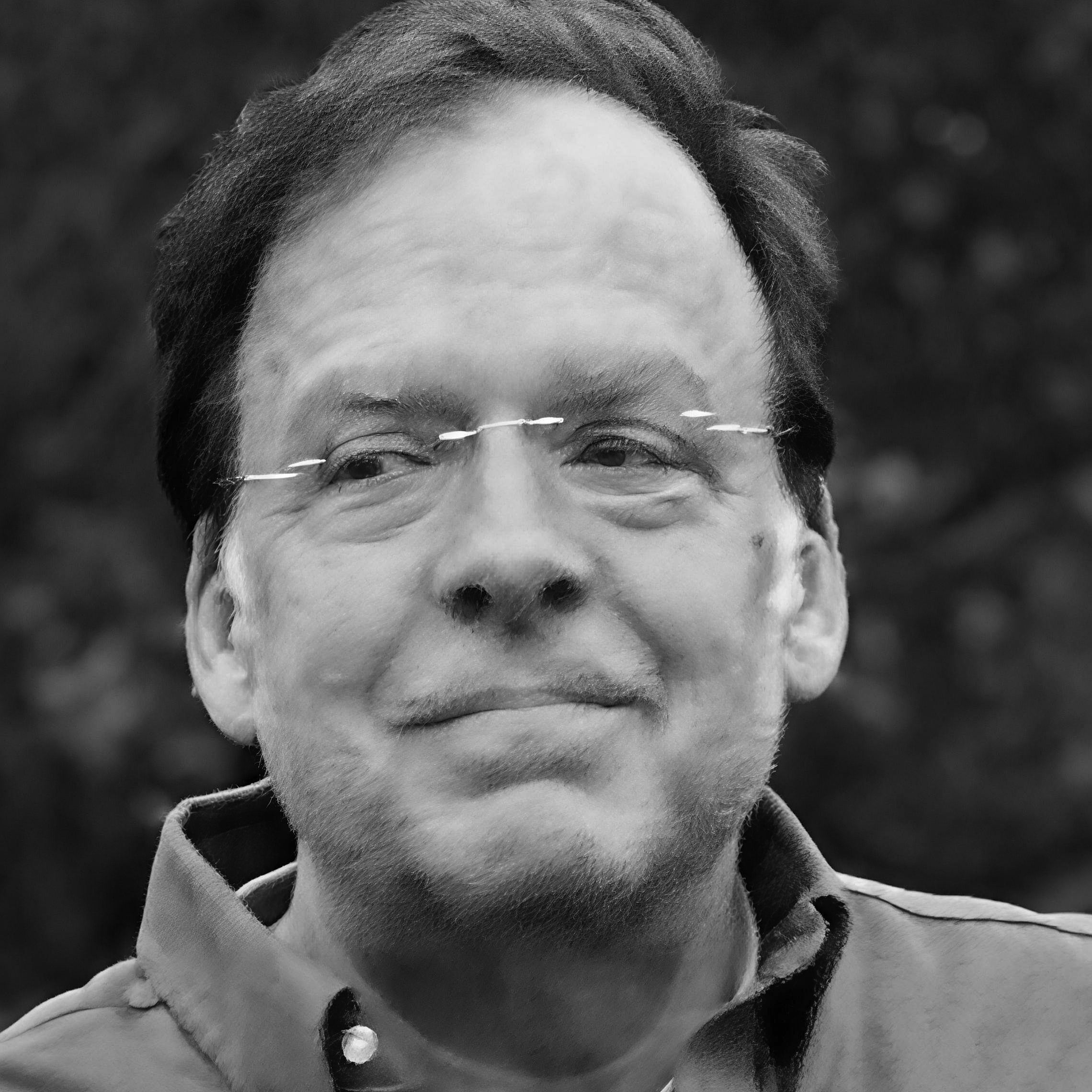Brian Butler, Ph.D.


Brian Butler started his serious interest in art at ISOMATA (USC) where he studied with Harry Sternberg and Francoise Gilot. He earned a BFA from the Otis College of Art and Design and an MFA from Claremont Graduate University. At Claremont, Brian decided that his art was so conceptually based that it needed to be properly informed philosophically. Luckily, the chair of the philosophy department thought that the difference between art and philosophy was “just a matter of nomenclature.” This allowed him to go on to earn a PhD in Philosophy while there. A JD from the University of Chicago followed later.
As an artist in Los Angeles his work was exhibited at the Artworks Gallery, the John Thomas Gallery and the Ruth Bachofner Gallery. As an art critic he wrote art reviews for Artweek, New Art Examiner, and Visions among other publications.
Upon arriving in Asheville, Brian became heavily involved in the Back Mountain College Museum + Arts Center, ultimately serving as Chair or Co-Chair of the Board for 12 years. During that time, he co-founded the Journal of Black Mountain College Studies as well as the annual ReVIEWING Black Mountain College conference. He also curated 5 shows for the museum, including shows on Frank Hursh, Dan Rice, Susan Weil, and Emerson Woelffer. These projects were supported by grants from the Dedalus, Mellon and Windgate foundations as well as the National Endowment for the Humanities.
“As an artist, and as a philosopher, my work has been focused upon collage and other recombinant forms. This is inspired, in part, by Wittgenstein’s conception of philosophy as an activity of “assembling reminders for a particular purpose.” At least part of the practice of art is something similar. Hence whether something is a philosophical or artistic reminder is really just a matter of nomenclature. If successful, a collage can be an assembled reminder of the past that doesn’t fall into pure nostalgia but actually pays due respect for the valuable building blocks even dusty old traditions (such as books) offer to the recombinant future.”
Ready for What's Next?
At the University of North Carolina Asheville, you’ll experience an unparalleled liberal arts and sciences education. Take the next step and apply to become a Bulldog!